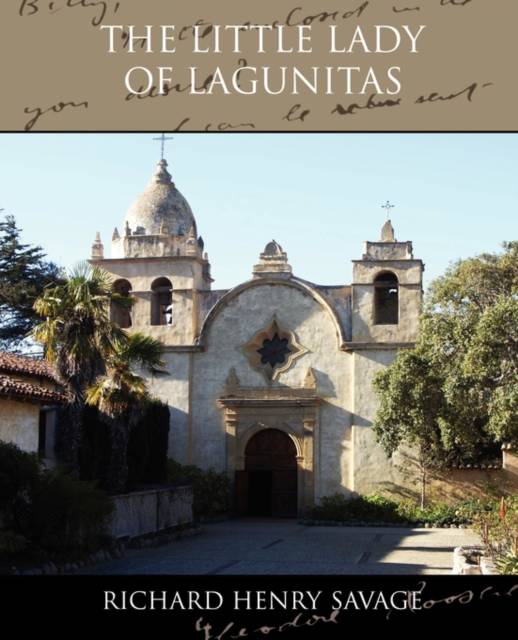
Je cadeautjes zeker op tijd in huis hebben voor de feestdagen? Kom langs in onze winkels en vind het perfecte geschenk!
- Afhalen na 1 uur in een winkel met voorraad
- Gratis thuislevering in België vanaf € 30
- Ruim aanbod met 7 miljoen producten
Je cadeautjes zeker op tijd in huis hebben voor de feestdagen? Kom langs in onze winkels en vind het perfecte geschenk!
- Afhalen na 1 uur in een winkel met voorraad
- Gratis thuislevering in België vanaf € 30
- Ruim aanbod met 7 miljoen producten
Zoeken
Omschrijving
The Little Lady of Lagunitas: A Franco-Californian Romance was originally published in 1892. Richard Henry Savage (1846-1903) was a soldier, engineer, diplomat, lawyer, novelist, civic leader and war hero. He graduated from West Point and became part of the Army Corp of Engineers. He worked on the Texas-Mexico frontier and as a chief engineer on a railroad in California. He wrote over 40 books. Savage died when he was run over by a horse-drawn wagon while crossing Sixth Avenue in New York City. An excerpt reads, "Cannons roar: the yells of the green jacket and yellow scrape brigade rise on the silent reaches of the Punta de los Pinos. A procession winds up to the Carmel Mission. Governor Alvarado, his staff, the leading citizens, the highest families, and the sefioritas attend a mass of thanksgiving. Attired in light muslins, with here and there a bright-colored shawl giving a fleck of color, and silk kerchiefs --fleecy--the ladies' only other ornaments are the native flowers which glitter on the slopes of Monterey Bay. Bevies of dark-eyed girls steal glances at Andres, Ramon, or Jose, while music lends a hallowing charm to the holy father's voice as he bends before the decorated altar."
Specificaties
Betrokkenen
- Auteur(s):
- Uitgeverij:
Inhoud
- Aantal bladzijden:
- 332
- Taal:
- Engels
Eigenschappen
- Productcode (EAN):
- 9781438536613
- Verschijningsdatum:
- 4/02/2010
- Uitvoering:
- Paperback
- Formaat:
- Trade paperback (VS)
- Afmetingen:
- 190 mm x 235 mm
- Gewicht:
- 571 g

Alleen bij Standaard Boekhandel
+ 81 punten op je klantenkaart van Standaard Boekhandel
Beoordelingen
We publiceren alleen reviews die voldoen aan de voorwaarden voor reviews. Bekijk onze voorwaarden voor reviews.









